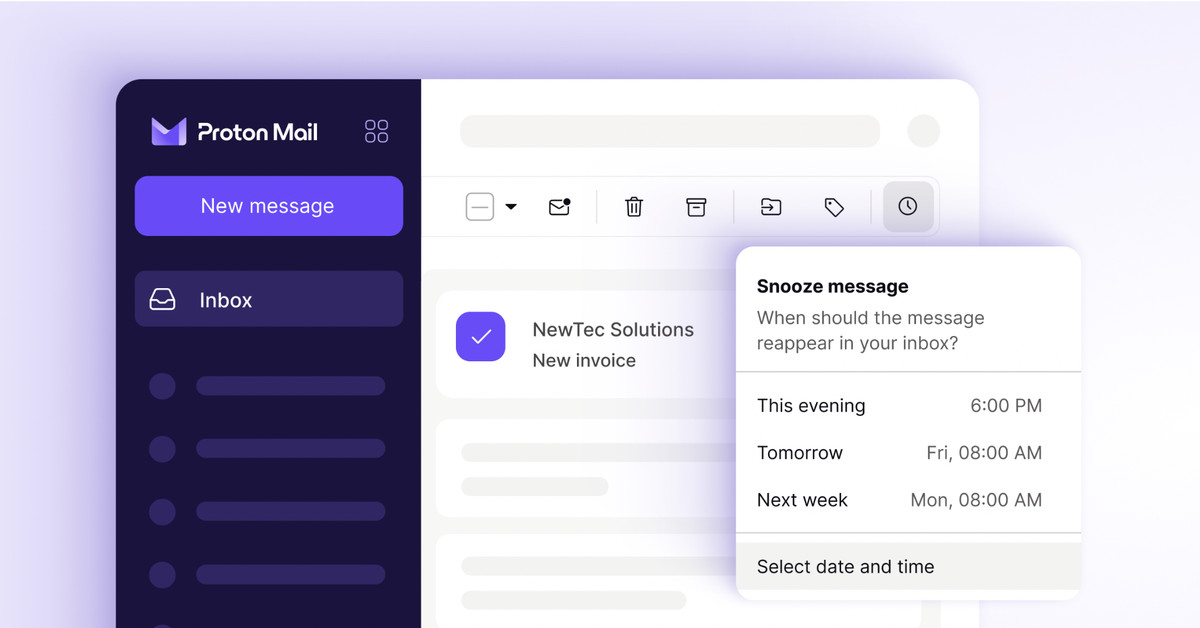Real desktop app or just the web app in electron?
Which is… Also a real desktop app. This shallow take is getting incredibly old, and doesn’t even contribute to actual valuable discussion… If you don’t see the value in this being shipped, then why try and tear the value down for others?
I main C#, and even I would rather build cross platform full applications with electron than any of the other options available. I’m definitely choosing it over QT or gtk. Why? Because I can actually ship the project with all the necessary features, in good time, and bake in a great user experience.
That’s the difference here. Practical problems vs reality. Shipping the project & features vs not.
Yes, there are many successful applications not built with electron, ofc there are, that’s not my point. My point is that the productivity difference is such that it’s the difference between not building the thing vs building it and successful shipping it to users. You can argue and shit on the difference, but at the end of the day the above is what really matters.
Electron apps are not real apps. They’re web apps and in that case I can have even a better experience with a browser since I can use extensions, tabs, saving favorites and so on.
There are really few electron apps that deserve to be called “desktop app” and from what I’m seeing from the screenshots, this isn’t one of them.
If I really wanted to have a separate icon and window for this website I can tell my browser to install the pwa icon in the start menu. Wow, instant made desktop app!
What are you talking about…? Please re-read my comment above :/
An electron app is a natjve application that renders a browser based UI. You appear to be conflating the browser-based UI with the whole “native application” thing.
It comes with all the advantages a native application does, like having hardware access, working natively offline, working with the filesystem, interfacing with the OS and installed OS packages, being able to use other native binaries, being able to use more native networking capabilities…etc
Sure lots of electron applications that people make could just be a web app, I’m not arguing that.
I am, however, pointing out that you are grossly incorrect that electron (and all other technologies like it, we’re not really just talking about electron here) is 'just a web app". It’s a native application server and a web-based UI, which means I can write an application in C# with all of the .Net advantages, with a web UI, that runs natively on your device for example.
This lets me ship a product much faster than if I was going to build that UI in QT or GTK, with a significantly upgraded user experience that is consistent across all platforms.
ok, but in this case, it’s just a webview of mail.proton.me
it doesn’t have hardware access, it doesn’t work offline (technically, if it cached the files it can work offline, but can’t work offline-offline like thunderbird), it doesn’t work with the filesystem, it doesn’t interface with the OS and installed OS packages, it doesn’t use other native binaries, doesn’t use more native networking capabilities, etc…
from what i saw, the electron apps that are to be considered real apps and not just a lazy webview around the webapp are:
- bitwarden
- crickets
Like I said, I’m not arguing that many apps are built as electron apps when they’re just glorified web apps. Though I’m neutral on whether that’s a bad thing or not. I’m definitely against apps being built with electron that don’t really have UIs, defeating the entire point of electron and friends…
VSCode is another example you’re missing. And they have put a LOT of work into making as many features available in the web-version as possible, the feature parity isn’t an accident.
Or Obsidian.
Examples aside, you might be surprised by applications you may not think of as not using native features, that rely heavily on them, expecting to be executing in a Node environment and not a browser one. Especially on the networking and process side. Browsers are extremely restrictive.
Right i forgot about atom and vs code, the quality of those is excellent
Obsidian too
Linux and F-Droid are neat and all but are almost zero users.
Linux makes up 3% of the desktop market share. You could count ChromeOS as another 3% but that’s pointless when using proton. You might as well use Gmail then.
F-Droid doesn’t provide any stats at all but almost no one even knows about F-Droid unless you are a massive privacy nerd. Even then at least those I talk to still use Google Play while understanding where their information is going rather than abandoning it entirely.
Proton is trying to be a mainstream solution to encrypted and privacy-focused email. Getting it on Windows, Mac, Android (Google Play), and iOS is far more important to them than getting it on F-Droid, the popular Linux repos, or anything else. For good reason, in my opinion, they are making a business.
Privacy focused people use more often Linux so the percentage of Linux users for proton services might be a bit higher. I don’t care about a calendar or mail app but I think a proton drive client for Linux would be important.
lemme guess, Electron
Genuine question, why does it matter? Why shouldn’t a project choose a production ready method of creating cross platform compatible code to avoid duplication of efforts and cost?
Because when I’m looking for where all my RAM went and realise I’m running 7 instances of Chrome browser for no reason. Meanwhile an actual instance of Chrome with ~20 tabs is still a single instance, but with multiple threads.
deleted by creator
Because many users often enjoy using a dedicated application than a website. Plus it gives developers access to even more customization than browsers normally provide.
If they customers didn’t like using it, companies wouldn’t keep making these apps.
Personally, I’m a techie guy but I get exhausted with the number of tabs i have open at any time. I don’t need to have more dedicated to just slack, Spotify, discord etc
why does it matter?
because most people use more than one program at the same time? fire up that one along with, I dunno, Spotify and Discord and Slack, and suddenly your midrange laptop’s RAM is all but gone.
Same thing happens to me if I were to open each of those apps as chrome tabs.
The apps you listed provide a web version also. Adding choice to the customer experience is a good thing!
Oh the fact it’s cross platform is not the issue, the issue is that Electron sucks. There are better alternatives available like Tauri, yet companies keep using Electron because that’s what their developers know and they’re afraid to try something new.
If I’m a company and want to bring something to production quickly, what should i choose:
-
A relatively new tool that has seen barely any production use and thus could have a bunch of unanticipated problems. Also nobody uses it so every new engineer you bring onto the project has to learn something entirely new before they can start really contributing. You also have no idea how long it will be supported by its developers into the long term future.
-
A battle hardened, production tested tool that has a huge community, has been around for a long time, and that a lot more developers already know how to use.
Sure #2 might be slower by a few fractions of a second, but if I’m in charge of the business i know which option I’m going to choose 100% of the time.
-





